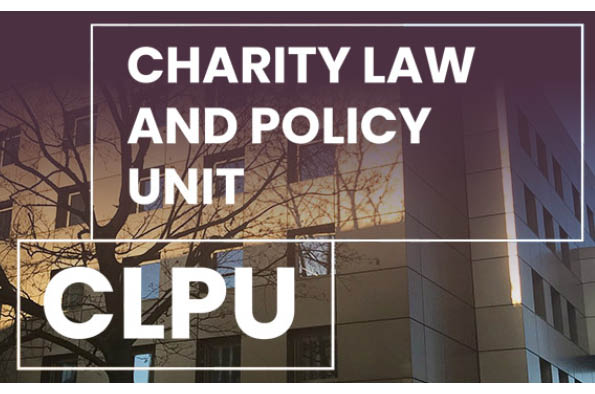
Higher Education Institutions and Money Laundering
Add this event to my calendar
Click on "Create a calendar file" and your browser will download a .ics file for this event.
Microsoft Outlook: Download the file, double-click it to open it in Outlook, then click on "Save & Close" to save it to your calendar. If that doesn't work go into Outlook, click on the File tab, then on Open & Export, then Open Calendar. Select your .ics file then click on "Save & Close".
Google Calendar: download the file, then go into your calendar. On the left where it says "Other calendars" click on the arrow icon and then click on Import calendar. Click on Browse and select the .ics file, then click on Import.
Apple Calendar: The file may open automatically with an option to save it to your calendar. If not, download the file, then you can either drag it to Calendar or import the file by going to File >Import > Import and choosing the .ics file.
To tackle money laundering and terrorism financing, the UK has implemented global mechanisms introduced by the United Nations and the Financial Action Task Force. These mechanisms viewed financial institutions as gatekeepers to the financial system, requiring the introduction of preventative measures. In response, money launderers adapted their techniques and targeted other sectors. While efforts have been made to identify new typologies and adapt relevant legislation, the link between Higher Education Institutions and money laundering remains poorly understood. This article provides a novel investigation into the money laundering and terrorism financing risks to which universities and their students are exposed. Through an analysis of the responses to freedom of information requests, the article also identifies significant disparities among universities regarding the implementation of anti-money laundering and counter-terrorism financing legislation. Consequently, the article offers an original insight into the application and implementation of this legislation to a high-risk, yet under-researched, sector.
